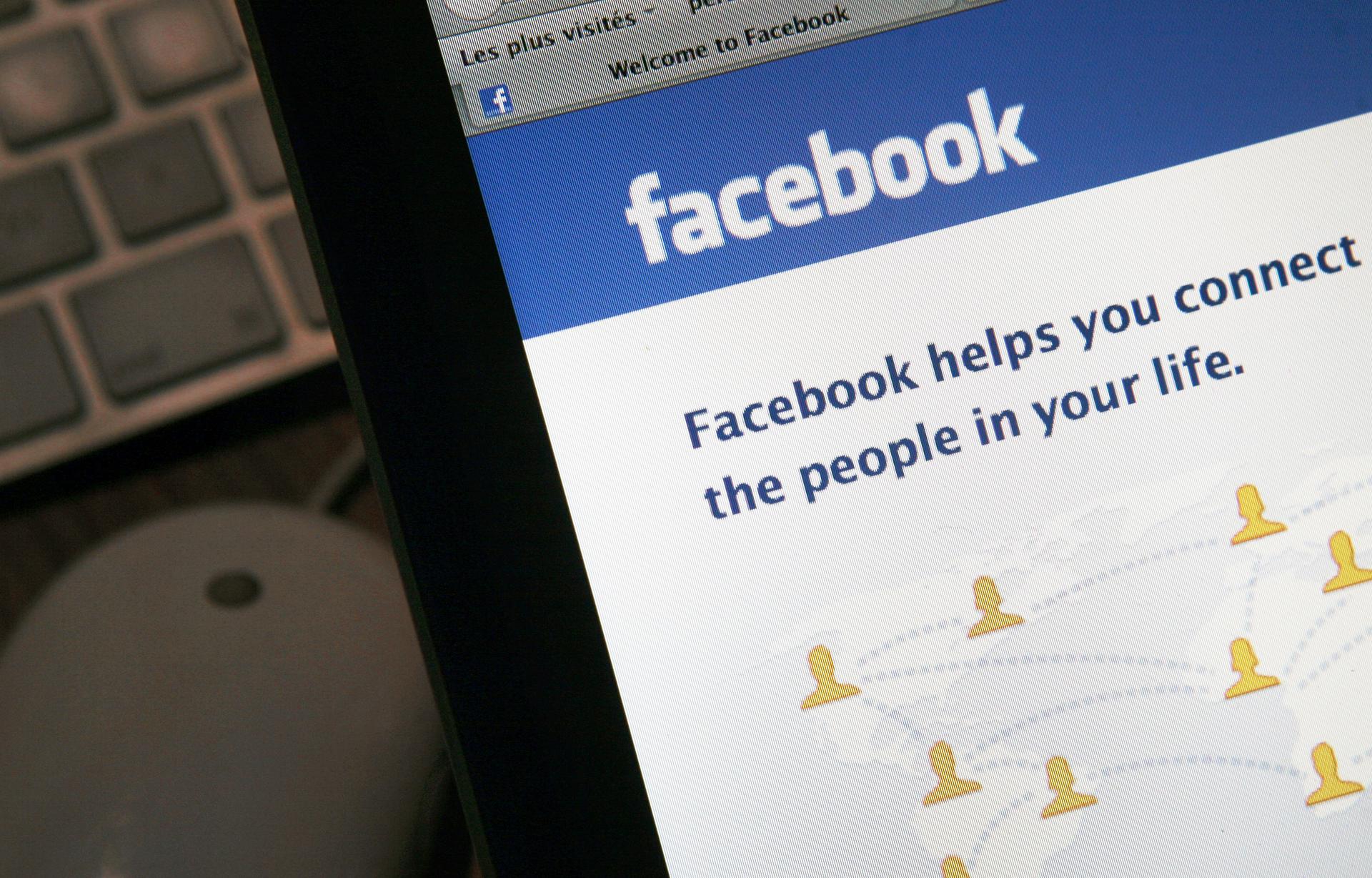Iran ‘friends’ Facebook, asks for help to stop porn, cybercrime
A new study shows who is the most and least influential on Facebook.
There are friends there when you need them, no matter what. Then there are "friends" who are nice to you only when they need something from you.
Facebook naturally has many friends. Iran — of Facebook-blocking fame — was not among them.
But all that changed Tuesday, when the Islamic Republic suddenly decided that actually, they need a little help from the social media giant. Next thing you know, there's an Iran-Facebook partnership plan.
The country's cyber police chief head, General Kamal Hadianfar, suggested on Tuesday that the authorities work with Facebook to remove pages showing pornography or advertising prostitution, according to Iran's semi-official ISNA news agency, reported the Associated Press.
Facebook already prohibits the posting of such content. "Then again, Iran's definition of porn is not the same as that of the American government," noted CNET's Emil Protalinski, suggesting that the authorities are more "concerned with anything that could imply inappropriate content."
More from GlobalPost: Space smells like seared steak, raspberries, rum
Iran has one of the most restrictive censorship policies in the world, due in part to the nation's huge, restive, Internet-savvy, young population (some two-thirds of the population = under 30 years old, most unemployed).
Thus, the Islamic Republic has blocked Facebook many times, but online monitoring has increased in tandem with a government crackdown on unrest following the massive 2009 opposition-led street protests, believed organized in part on Facebook.
In fact, the paranoia is such that Supreme Leader Ayatollah Ali Khamenei last month issued a fatwa against antifiltering tools like proxy servers — a common method used by curious (or dissenting) Iranians in order to circumvent online restrictions.
However, the Supreme Leader's message was dutifully blocked by vigilant Iranian censors because it used the red-flag word "antifiltering," making the high-profile proclamation only accessible by way of — ha — the very methods damned, reported Radio Free Europe/Radio Liberty's Golnaz Esfandiari.
Meanwhile, Facebook has not commented on the new Iranian initiative. Presumably, Iran's 'friend request,' to use Facebook's lingo, has been sent and is awaiting confirmation.
The story you just read is accessible and free to all because thousands of listeners and readers contribute to our nonprofit newsroom. We go deep to bring you the human-centered international reporting that you know you can trust. To do this work and to do it well, we rely on the support of our listeners. If you appreciated our coverage this year, if there was a story that made you pause or a song that moved you, would you consider making a gift to sustain our work through 2024 and beyond?
